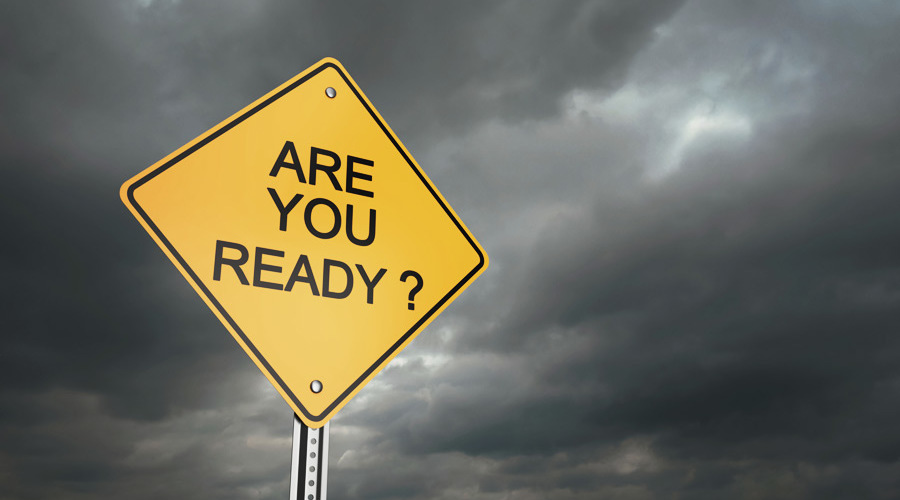These bartering items could prove just as important as the items you intend to use yourself. Cash might either be unavailable or virtually worthless so it’s important to use these items as the new currency when SHTF:
1.Tools (saw blades, hatchets, axe heads, hammer heads)
2. A simple still (or the components to assemble one), as this will make your alcohol for drinking, cleaning, medical use, etc. (don’t forget to learn how to make the corn mash itself, or to have extra parts put back)
3. Learn to make alternative bows, and how to turn arrow shafts, as well as how to lace and tie bowstrings.
4. Learn to make filtration weirs for water. Forget store filtration units, understand how rain barrels work, how to purify water with boiling, and how settlement works to remove metals. Extra barrels are highly tradeable.
5. Forget trading foods, long-term you will have far more demand for trading seeds. Those with the most-seeds and largest fresh selection will draw the best trades.
6. Long-term storable items are great (salt, sugar, baking powder, baking soda, some cheeses, dehydrated or cured foods possibly). He who can build a primitive dehydrator, and had the parts to trade to others, will be king. Dried beans and salt-cured hams can last 24 months, these will be in demand as well.
7. Survival information is valuable, and in a time when it is desperately needed, being able to have a few copies of condensed information on-hand and barter-ready will be very valuable, indeed. Type up and print a dozen copies of general information that others may not readily have.
8. Fire-making will ALWAYS be critical, and having a dozen extra ferroceramic rods and striking steels will be worth their weight in gold
9. Enough can’t be said for water containers. Seems simple now, but if things go wrong, one of the hardest things to usually find is a good canteen or water jug. Put enough back for yourself, but put more back for trade. The harder to break, the better. I’ve got a dozen military 1-qt canteens laying around here.
10. Everyone needs a warm place to sleep. Funny thing is, linens wear out pretty fast – as do blankets. I’ve got two good wool blankets. I paid $40 each for them. Let the power go out, in November, and you not have one. I won’t trade both at all, but I’ll be looking for what would be several thousand dollars worth of trade for the one I can ‘spare’.
Are there any other items you would want to use as currency when trading?

Ashley Kamfonik
James
Spam.
Kelly Holland